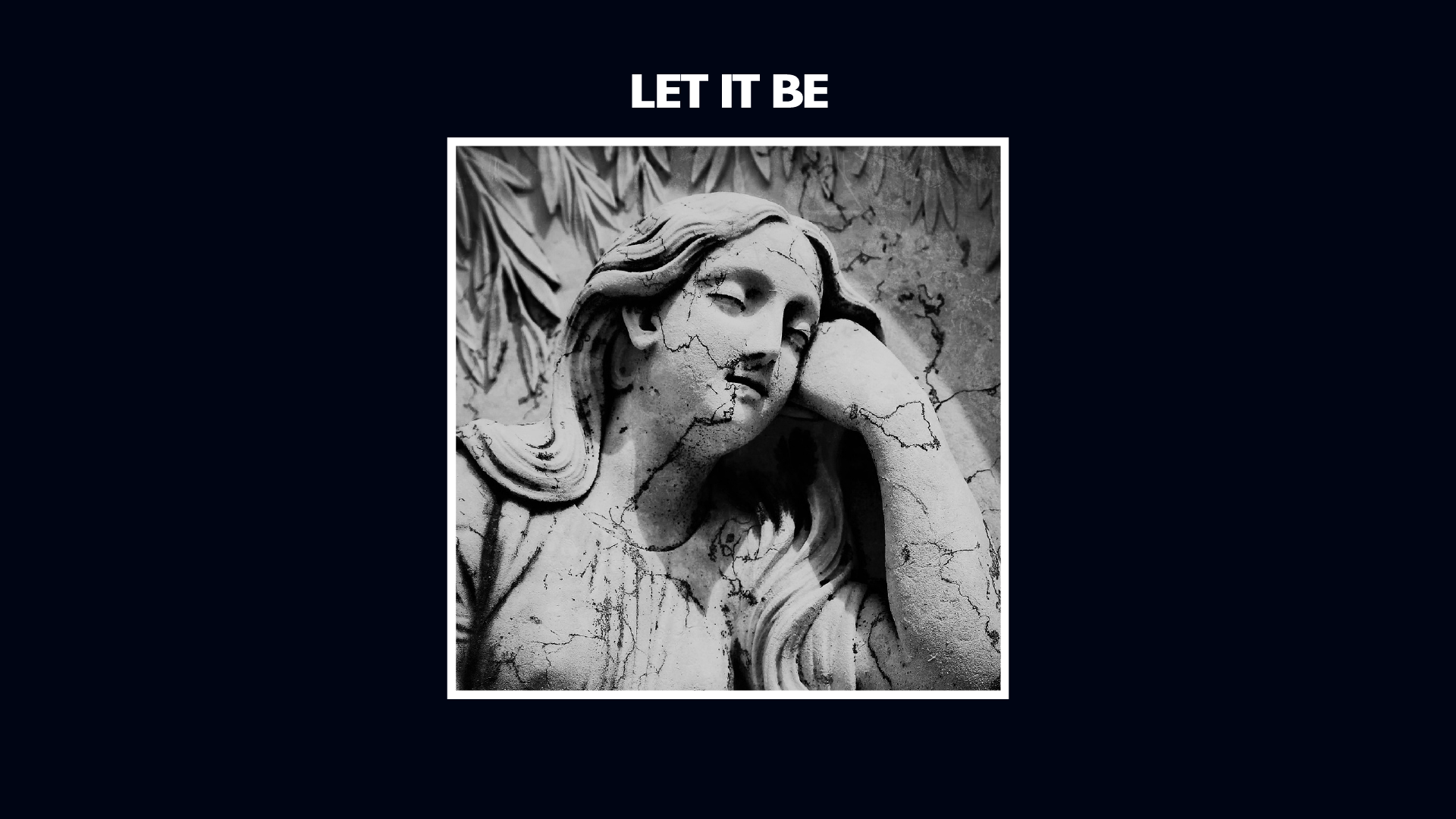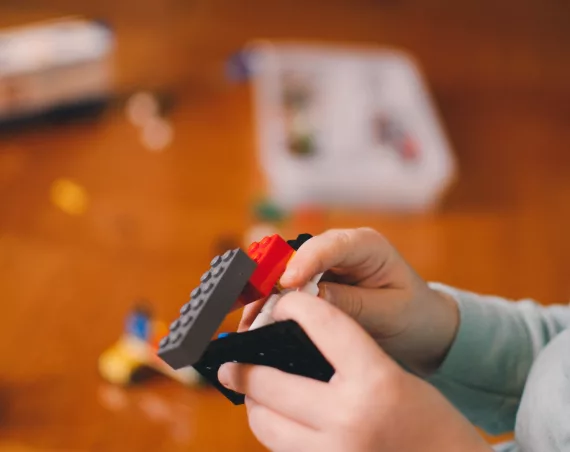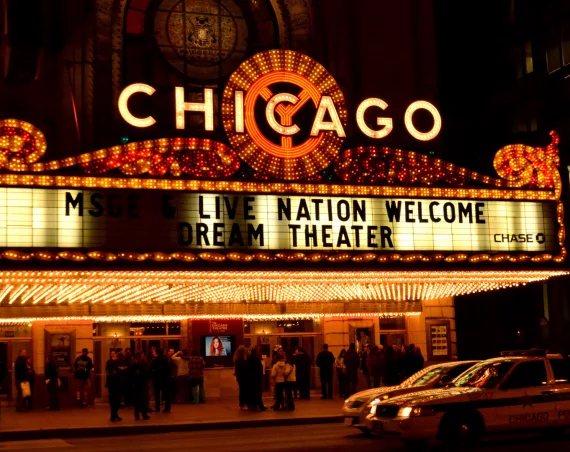
Song lyrics – The Beatles – Let it be
Powered by RedCircle
Hello and welcome to Learn English Vocabulary. My name is Jack and I’m making this podcast for you to learn or revise English vocabulary. You can find a transcript of this podcast on LearnEnglishVocabulary.co.uk. There’s a page for this podcast with the transcript, an activity and a task for you to do in the comments section.
Today, in response to a request from Nicky, I’m going to talk about the Beatles song Let it be. This is a song that I heard throughout my childhood. It was a real campfire singalong song when I was growing up. And the feeling of the song is perfect for lots of situations when you need to calm down. So I am delighted to talk about this song. I’m going to talk about the words and what I think the song means and I’ll focus on the interesting vocabulary as we go.
Let it be
The title and repeated lyric let it be is a good place to start. Now, this is not a phrase that’s very common in regular conversation. There’s a video of Paul McCartney talking about the inspiration for this song and he said, in the 1960s, when he was stressed or feeling the pressure of being a Beatle, he had a dream about his mother who had died when he was 14. His mother appeared to him in his dream and said to him, “It’s going to be OK, just let it be”. So I think that in Liverpool in the 60s, the phrase must have been more common and means stop struggling or trying to change things, leave everything alone and it will be OK. Just let things work themselves out. I think that there’s a sort of resignation or acceptance that things are OK or how they are supposed to be. It’s like saying “it’s cool – everything’s going to be fine”.
We do say let someone be, meaning leave them alone, they know what they are doing. Don’t say anything, just let him be. And if there’s a problem or situation that you don’t want to get involved with you can say I’m going to let it lie. What are you going to do about the situation at work? Nothing, I’m going to let it lie for now.
First verse
Let’s look at the first verse. The song starts:
When I find myself in times of trouble, Mother Mary comes to me
Speaking words of wisdom, let it be
There are a couple of bits of interesting language here. Firstly, I find myself in times of trouble. I find myself means I discover that I am. It emphasizes awareness. It’s not just that I am in trouble, but I am aware of being in difficult times. You might hear something like: When the boss asked for a volunteer, I was surprised to find myself offering to help. Or I should have been angry, but I found myself smiling and laughing.
Mother mary comes to me. This is quite a poetic way of saying someone visited me. If something comes to you, it’s very direct and it’s normally used to talk about ideas or solutions to problems. So you might say: I had a really difficult problem at work today that I couldn’t figure out and then the answer came to me when I was driving home.
Speaking words of wisdom. This is another bit of poetic language. People say words or tell us stories or tell us about something. If they are speaking, it’s not to us, it’s the verb we use to talk about watching other people talk. Wisdom is difficult to describe – well, for me, but that’s probably because I’m not very wise, ho ho. So if someone is wise, they are clever and have valuable knowledge that they have learnt through experience or through many years of study and reflection. A wise person is able to judge situations well without being distracted by unimportant things that are flashy or superficial. Wisdom is the noun form. Another way to say words of wisdom is wise words.
And in my hour of darkness, she is standing right in front of me
Speaking words of wisdom, let it be
My hour of darkness has two meanings. The first is simply the nighttime, the hours when it is dark. In this song, however, I think the darkness is metaphorical and it means sadness or depression. People say: I was in a dark place. Meaning I was in a depressed state. The British Prime Minister during the second world war used the phrase the darkest hour, meaning the period when we were most afraid of being invaded, the time when we were in the most trouble. When Paul McCartney sings about his hour of darkness, he means his sad or depressed times and also the night time as his mother came to him at night in a dream.
Second verse
In the next verse, he sings:
And when the broken-hearted people living in the world agree
There will be an answer, let it be
Broken-hearted means overwhelmed by sadness. This is caused by the loss or parting with someone or something you love. Most often this is felt by someone whose partner, their wife or husband or boyfriend or girlfriend has left them. If someone is abandoned by the person they love, they can be completely consumed by sadness and feel like their heart has broken. We do use it to talk about the extreme sadness that children feel at less dramatic occasions, but it’s normally an extreme emotional reaction to a sad event. In the song, the broken-hearted people are people who have been separated from the people they love. In the next line Paul sings:
For though they may be parted, there is still a chance that they will see
There will be an answer, let it be
Although they are apart. Parted just means apart in this line. People are normally separated, but this way, you get that satisfying double rhyme. There’s still a chance that the people will see that there’s an answer if the people relax and accept that things are how they are. There will be an answer.
Final verse
In the last verse, the tone is more optimistic. Paul sings:
And when the night is cloudy there is still a light that shines on me
Shine until tomorrow, let it be
He hasn’t said what the source of this light or happiness is. It’s just that there is a light =, something positive to contrast with the darkness that shines on him. This is a nice lyric. There is something positive, something showing Paul that everything is going to be OK. The last lines in the verse are:
I wake up to the sound of music, Mother Mary comes to me
Speaking words of wisdom, let it be
I wake up from my sleep and I can hear music. To wake up to something means to experience it immediately when you wake up. I usually wake up to the sounds of my children. Sometimes I wake up to more than the sounds because they have come bounding into the bedroom and are climbing on me. When I was a child, I used to go on holiday in Scotland and stay in a caravan on a farm. I have very happy memories of going to sleep to the sounds of my parents talking and waking up to the sounds of the sheep around the caravan.
Although Paul McCartney has not said it and denies faith in an organised religion, I always thought this was a song about God and religion. The title is very similar in meaning to Amen which is said at the end of Christian prayer. Mother Mary was the mother of Christ. The hours of darkness call to mind the canonical hours or times of the day that Christians are supposed to pray. I always thought that the broken-hearted people were parted from their faith. And the light that shines on Paul in his hours of darkness sounds similar to the way that Christians talk about the experience of a higher power. During the chorus there’s even a choir and a church organ is used for accompaniment. Whether these cultural references were what Paul McCartney intended or not, I think that they add to the meaning of the song in a positive way and have helped people connect with the song and found comfort when they are in hours of darkness and need to be told: it’s OK, everything is going to be OK, just let it be.
Conclusion
So there you have my interpretation of the song and the useful or interesting vocabulary from the lyrics. I suggest you listen to the song again and I’ll put a video with the song on the page for this podcast with an activity that you can use to test yourself on Learn English Vocabulary.co.uk.
If you have enjoyed this podcast, please leave me a comment or a rating or a review. I love to hear from you and any comments or suggestions you have. If there are any songs you would like me to talk about or anything else you would like to hear, I would be delighted to make a podcast for you. So please visit LearnEnglishVocabulary.co.uk and say hello.
Thanks for listening.
Activities will come tomorrow – it’s too late tonight! 🙂





10 Comments
Gilda
Hello Mr. Jack. Today, I’ve been surprisd finding your podcasts, and when I listened to some of them, my mind was blown. Actually, I had been searching here and there to find some podcasts through which I could practise shadow reading, but nothing could have interested me. Having felt down, today luck was on my side and I’ve come across your amazing podcasts. Not only they are educative but also interesting. Using them, I will make a great progress in Speaking.
I was wondering if you could explain this song: ‘I hope you dance by Lee Ann Womack’.
Thank you kindly.
God bless you
Jack
Hi Gilda
Thank you for your kind comment. I have looked up I hope you dance and will be delighted to have a go at explaining the important vocabulary and saying what I think it means. At a glance, the vocabulary is C1 – Advanced so I’ll put together a podcast for next week.
soza
great podcast ,,,,,, plz need more to improve our english ,,,,thank you very much
juan
hey mrs jack thank you so much, your podcast are vere usefull for me. im juan and i listen you from spain. im currtently a B1 so im trying to get at B2
Jack
Thanks Juan – I hope you find these podcasts useful!
Dan
Thank you for the podcast. I’m happy for found this on the Spotify, please continue with the great job!!!
Jack
Thanks Dan – you’re welcome.
Horacio
Hi jack, thank you for another great podcast.
It is very enjoyable for me to work with scenes and songs, since in the end it feels good to understand them in a different way.
I would like that in some of your podcast you will introduce some modal verbs, because sometimes they are confusing.
Thanks again.
Grettings from Mexico
Jack
Thanks Horacio
Normally modal verbs are taught as grammar, but I think I can find a way to fit them into a podcast here. I’ll try to do a series on them as there are so many uses.
Jack
Hiva
What a lovely accent